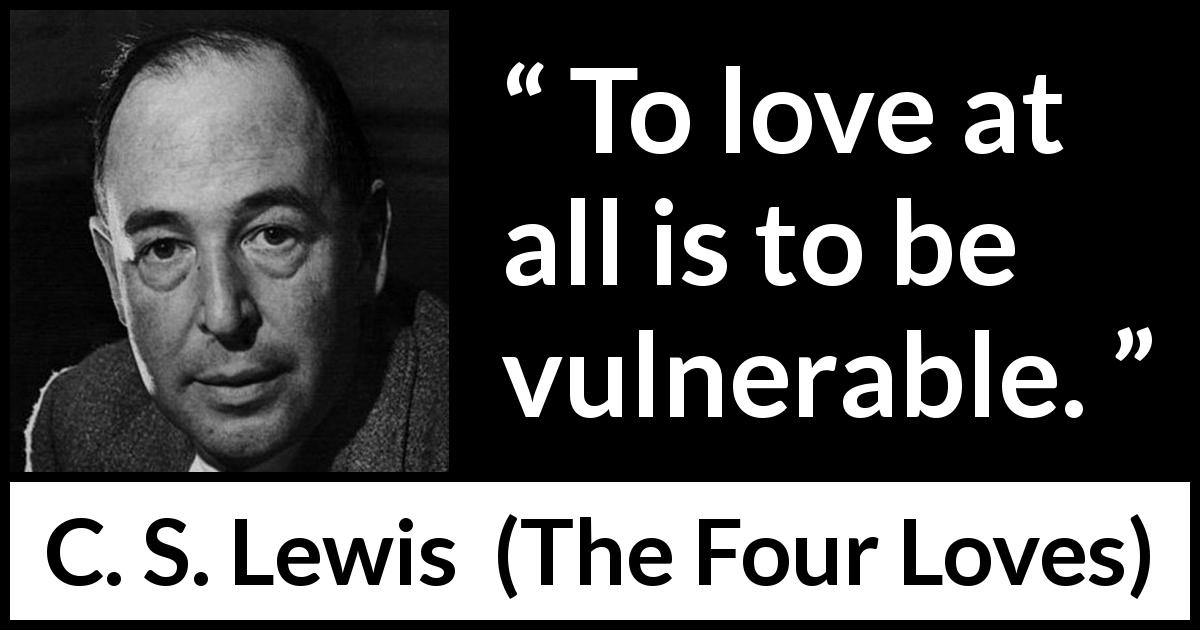
The authors have created a sort of anti-Book of Virtues in this encyclopedic compendium of the ways and means of power.Įveryone wants power and everyone is in a constant duplicitous game to gain more power at the expense of others, according to Greene, a screenwriter and former editor at Esquire (Elffers, a book packager, designed the volume, with its attractive marginalia). With this all things are possible." From a reading of this book laymen and clergy alike will reap great rewards: a deeper knowledge of an insight into human loves, and, indeed, humans, offered with beauty and humor and a soaring description of man's search for God through Love.

Here, not in our natural loves, nor even in ethics, lies the true center of all human and angelic life. This of all gifts is the most to be desired. For what can be more unlike than fullness and need, sovereignty and humility, righteousness and penitence, limitless power and a cry for help?" To relate the human activities called loves to the Love which is God, Lewis cites three graces as parts of Charity: Divine Gift-Love, a supernatural Need-love of Himself and a supernatural Need-love of one another, to which God gives a third, "He can awake in man, towards Himself a supernatural Appreciative love. "Man approaches God most nearly when he is in one sense least like God.


Lewis proposes that all loves are a search for, perhaps a conflict with, and sometimes a denial of, love of God. It is written with a deep perception of human beings and a background of excellent scholarship. Lewis has "done it again." This time with a book beginning with the premise "God is Love" and analyzing the four loves man knows well, but often understands little, Affection, Friendship, Eros and Charity, exploring along the way the threads of Need-Love and Gift-Love that run through all. The ever-popular and highly readable C.S.


 0 kommentar(er)
0 kommentar(er)
